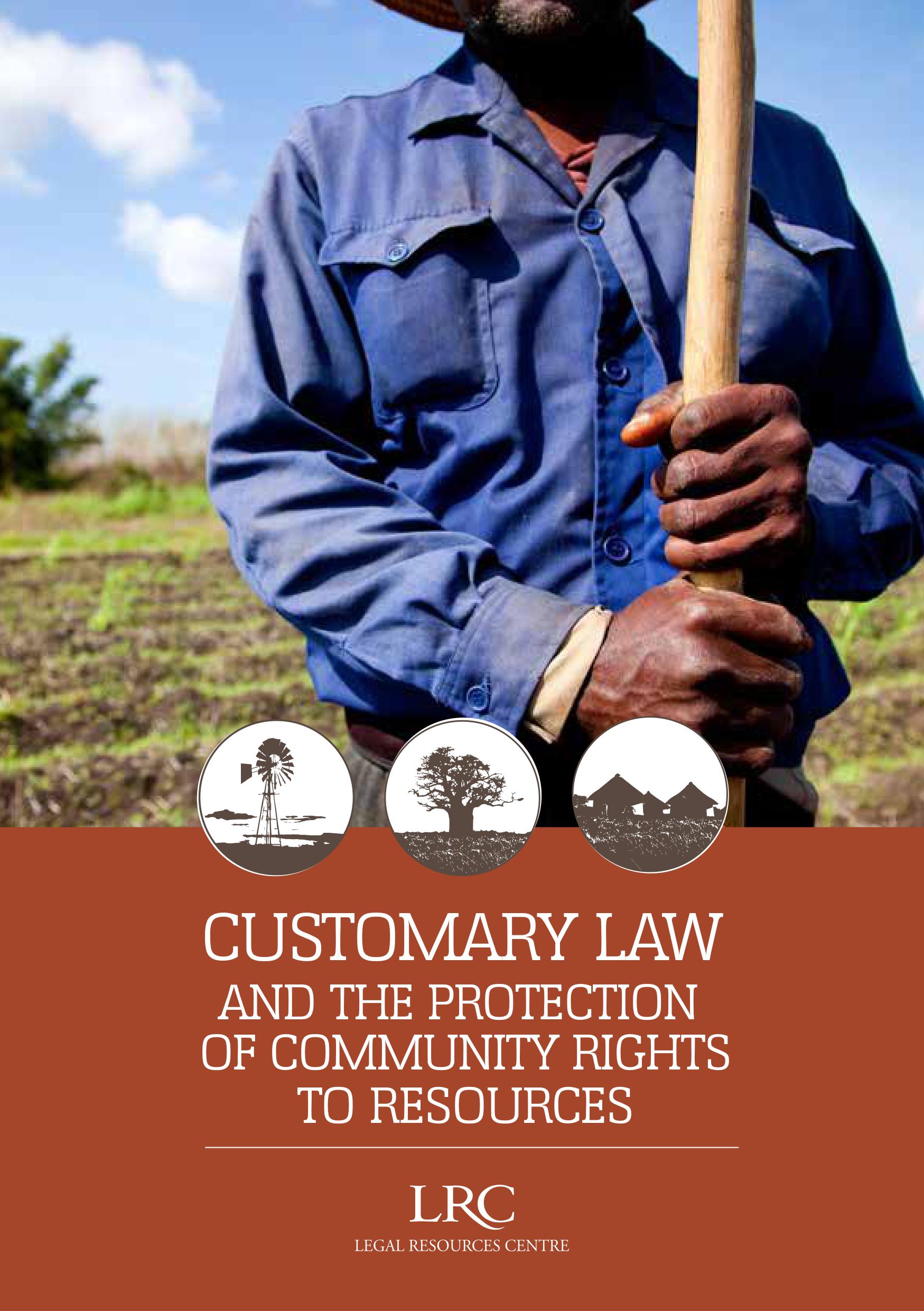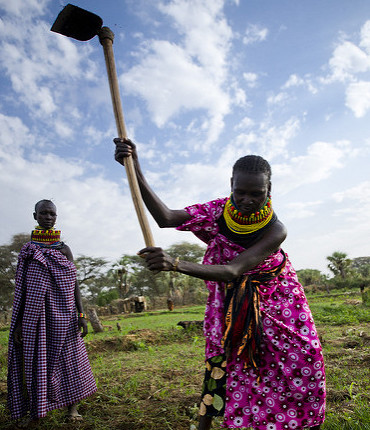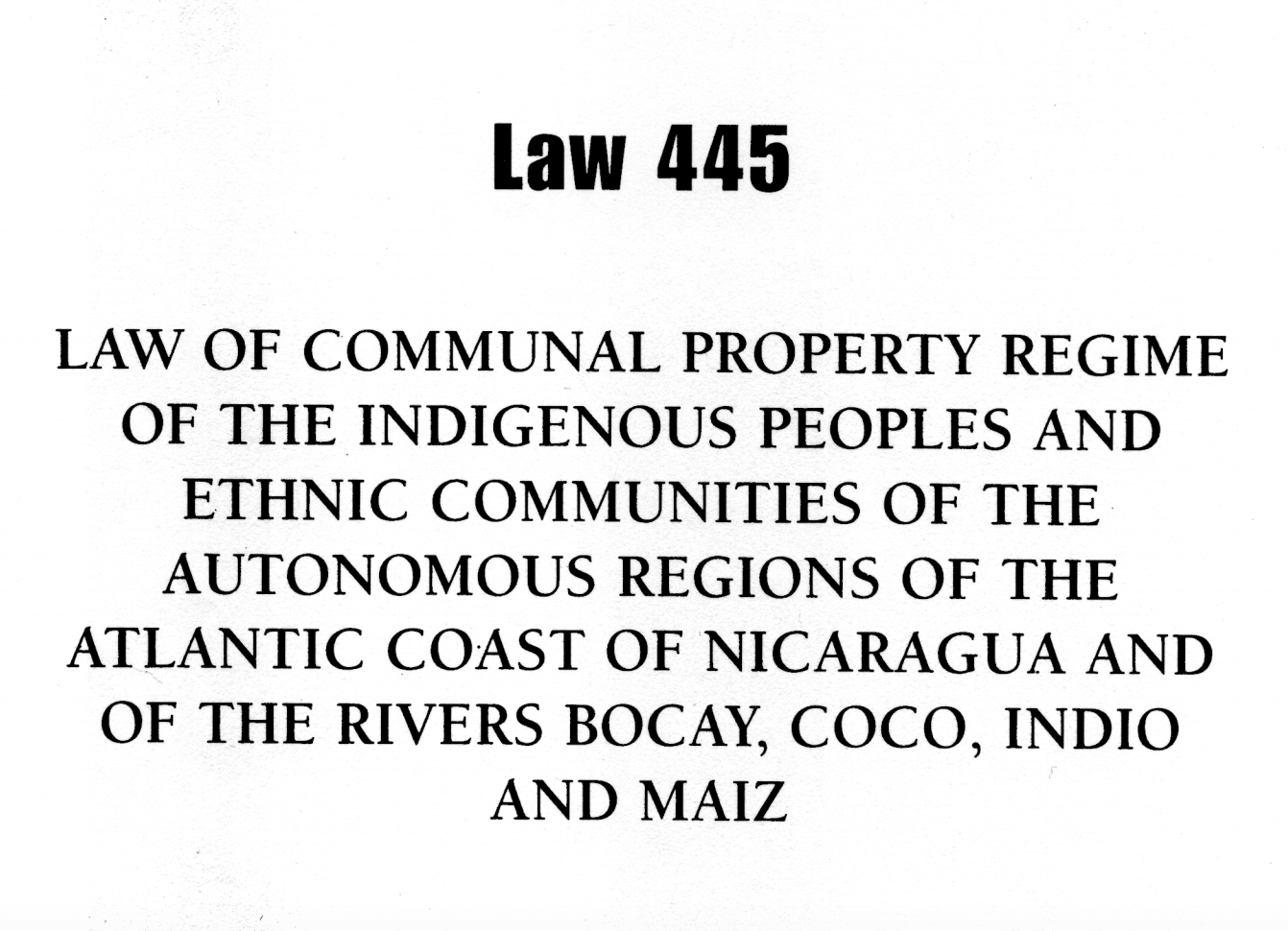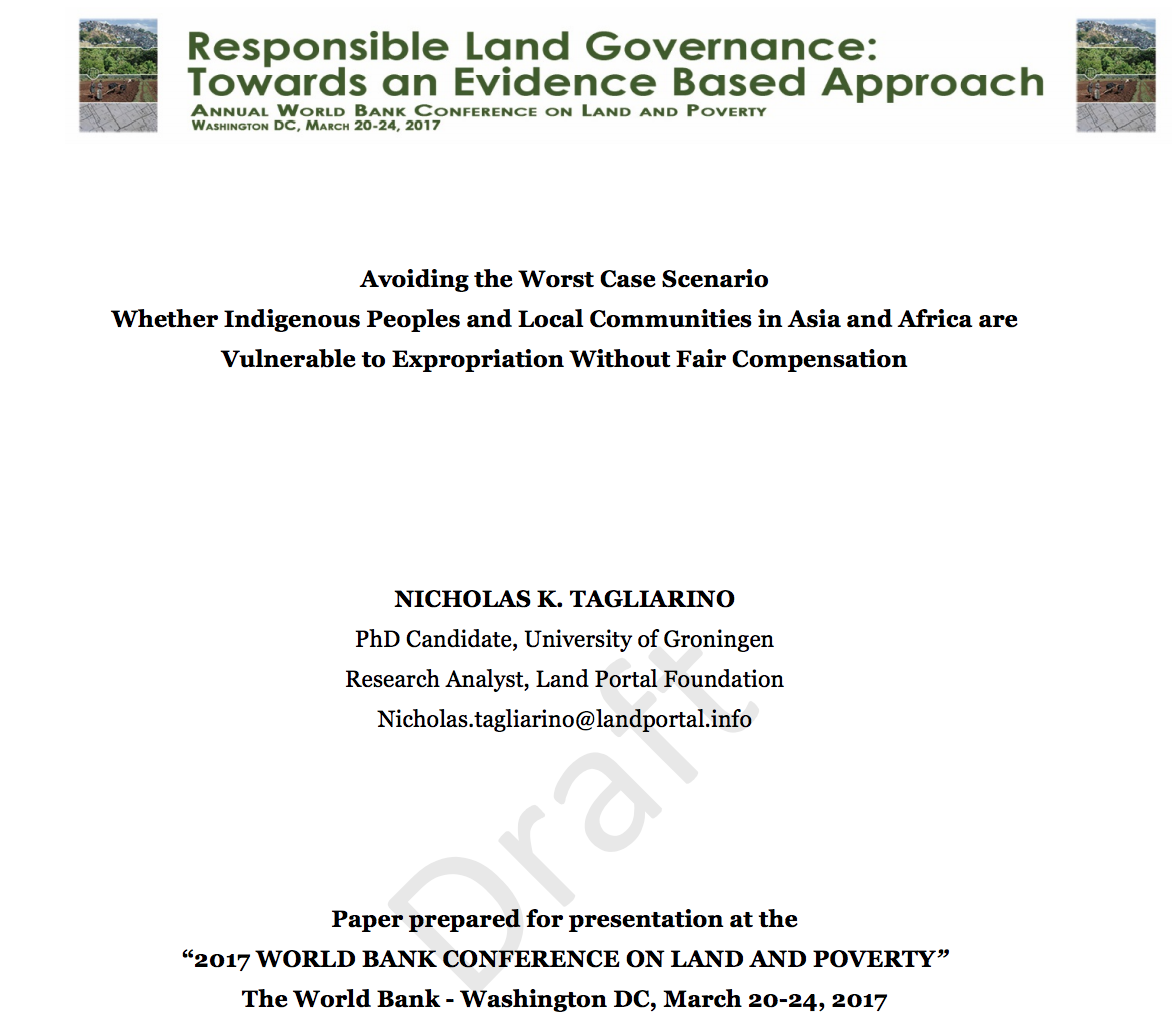Constitutional Court No. 35/PUU-X/2012
The fourth paragraph of the Preamble of the 1945 Constitution of the Republic of Indonesia (hereinafter referred to as the 1945 Constitution) has very clearly stated the aim of the establishment of the Unitary State of Republic of Indonesia (NKRI) is "to protect all the people of Indonesia and all the independence and the land that has been struggled for, and to improve public welfare, to educate the life of the people and to participate toward the establishment of a world order based on freedom, perpetual peace and social justice ".







